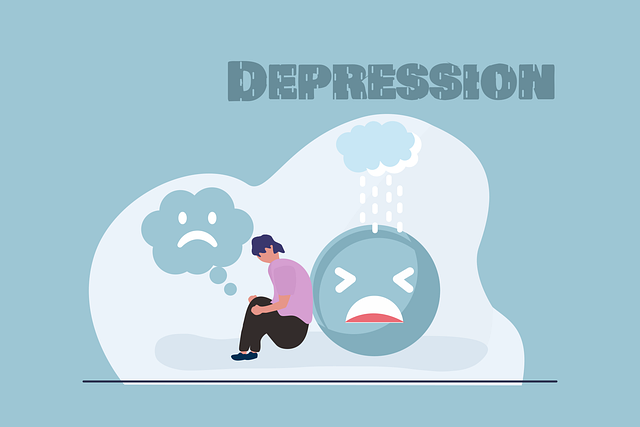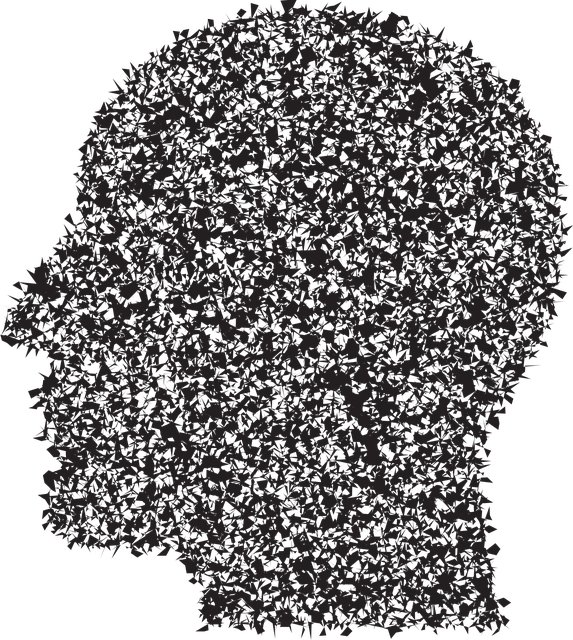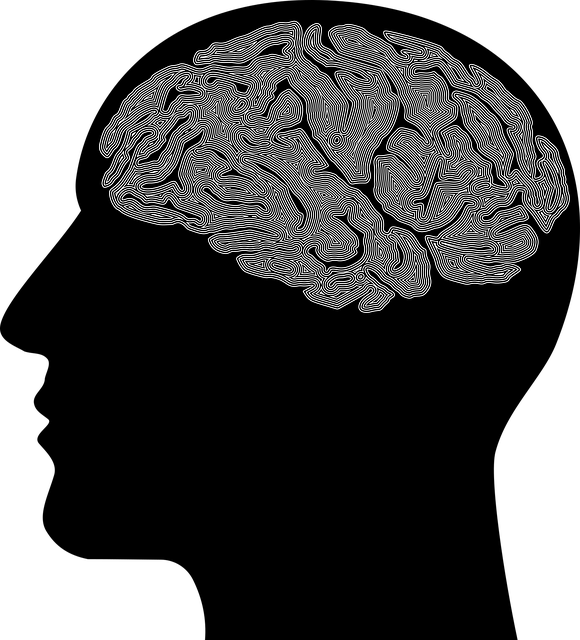Cultural competency in pediatric healthcare is essential for providing inclusive and effective treatment to children from diverse backgrounds. Special training is required to address issues like gender identity, involving empathy-building strategies and crisis intervention guidance. This training equips therapy professionals to create safer spaces, improve patient outcomes, and enhance care quality for all children, regardless of cultural or identity background. It includes understanding diverse family structures, multicultural narratives, and open communication channels. Real-world applications, such as case studies on therapy for young children from diverse ethnic backgrounds and LGBTQ+ youth, highlight tailored therapeutic approaches leading to better mental wellness outcomes.
Healthcare provider cultural competency training is an essential component of delivering quality care to diverse populations, especially children. This article explores various aspects of cultural competency in healthcare, focusing on understanding cultural nuances, addressing gender identity awareness in pediatric care, and implementing effective training strategies. We delve into real-world applications through case studies and best practices, emphasizing the impact on supporting diverse families. By exploring these topics, we aim to enhance the field’s ability to provide inclusive and compassionate therapy for young children, particularly those with diverse gender identities.
- Understanding Cultural Competency in Healthcare for Children
- The Impact of Gender Identity Awareness on Pediatric Care
- Strategies for Training Healthcare Providers to Support Diverse Families
- Real-World Applications: Case Studies and Best Practices
Understanding Cultural Competency in Healthcare for Children

Cultural competency in healthcare for children is an essential aspect that often requires specialized training and understanding. When caring for young patients, especially those from diverse backgrounds or with unique identities like gender diversity, healthcare providers must possess the skills to build empathy and bridge cultural gaps. This involves recognizing and respecting different beliefs, values, and practices that shape a child’s life, including their families’ expectations and communication styles.
Training programs can equip professionals in therapy for young children with gender identity issues or other cultural nuances by offering empathy-building strategies. These may include learning crisis intervention guidance tailored to sensitive topics like gender expression and inner strength development activities that foster resilience. By integrating these practices into clinical settings, healthcare providers can create safer spaces, improve patient outcomes, and enhance the overall quality of care for all children, regardless of their cultural or identity background.
The Impact of Gender Identity Awareness on Pediatric Care

In recent years, there has been a growing recognition of the significant impact that cultural competency training can have on healthcare delivery, particularly in pediatric care. One critical aspect often addressed in such training is gender identity awareness. Understanding and respecting the diverse gender identities of young patients is essential for creating an inclusive and supportive environment. This becomes especially relevant when dealing with therapy for young children who identify as transgender or non-binary. Healthcare providers must be equipped to offer sensitive care that aligns with these patient’s self-esteem improvement and emotional regulation needs, addressing any unique challenges they may face in a society that often lacks gender diversity education.
Furthermore, cultural competency training should encompass social skills training tailored to the specific needs of these children. By integrating knowledge about different gender identities into therapy sessions, healthcare professionals can help young patients develop healthy social interactions, fostering a sense of belonging and acceptance. This holistic approach ensures that pediatric care not only addresses physical health but also nurtures the psychological well-being of children, regardless of their gender identity expression.
Strategies for Training Healthcare Providers to Support Diverse Families

Training healthcare providers to support diverse families requires a multifaceted approach that incorporates cultural sensitivity and self-awareness exercises. It’s crucial to address specific needs like therapy for young children with gender identity issues, using Mind Over Matter principles to foster inclusive practices. Workshops can focus on understanding family structures across cultures, incorporating diverse narratives in patient education materials, and promoting open communication channels sensitive to varying comfort levels around personal health topics.
Incorporating cultural sensitivity in mental healthcare practice involves recognizing and respecting individual beliefs, values, and traditions. Self-awareness exercises help providers acknowledge their own biases and assumptions, enabling them to offer care that is tailored to each family’s unique needs. By emphasizing empathy, active listening, and non-judgmental attitudes, training programs can empower healthcare providers to build stronger connections with diverse families.
Real-World Applications: Case Studies and Best Practices

In the realm of healthcare provider training, real-world applications are paramount to ensure effective and empathetic care. Case studies offer tangible examples of cultural competency in action, showcasing successful navigation of diverse patient backgrounds and needs. For instance, a study focusing on therapy for young children from various ethnic groups highlights the importance of tailoring therapeutic approaches to reflect their unique cultural identities, leading to enhanced anxiety relief and improved mental wellness outcomes.
Additionally, best practices emerge from these real-life scenarios, providing valuable insights into effective communication strategies. A Mental Wellness Podcast Series Production centered around LGBTQ+ youth underscores the power of inclusive language and non-judgmental environments in fostering open dialogue about gender identity issues. Such initiatives not only promote understanding but also contribute to the development of more sensitive and responsive healthcare services, ultimately benefiting diverse patient populations through improved access to quality care.
Cultural competency training is a powerful tool for healthcare providers, enabling them to offer more inclusive and effective care for diverse families. By understanding cultural nuances, such as gender identity awareness, professionals can create safe and supportive environments for therapy involving young children. The strategies outlined in this article provide a solid framework for navigating these sensitive topics, ultimately leading to improved pediatric outcomes. Through real-world case studies and best practices shared, healthcare providers can gain valuable insights into serving diverse communities, ensuring every child receives the highest quality care tailored to their unique needs and identities.














